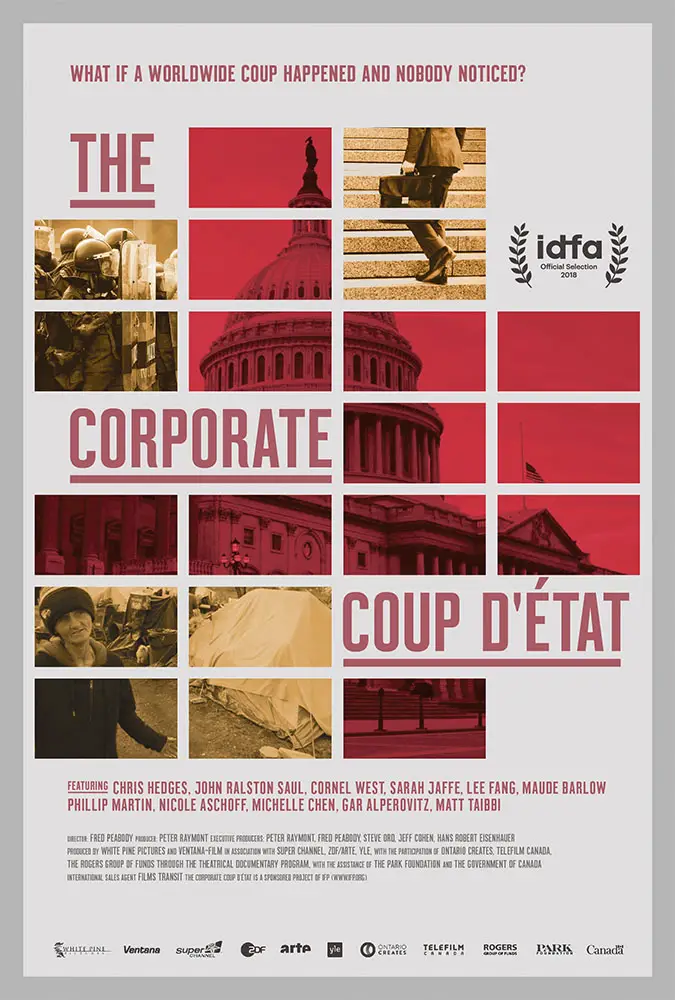
Ultimately, both sections of the film turn out to be deeply flawed. For starters, the public intellectuals in question are always quite passionate. But they rarely move beyond vague generalizations about “the elites,” leaving it to you to speculate about the specific logic and statistics that they used to arrive at their sweeping claims. The result is that these intellectuals won’t persuade you unless you happened to agree with them anyway – a fact that makes you wonder why Peabody bothered to make this documentary in the first place.
The film’s portrayal of “ordinary” Americans, meanwhile, doesn’t have much going for it, either. In contrast to someone like Matthew Desmond – the sociologist who spent over a year living in low-income housing before writing an award-winning book on the subject – Peabody always seems to have a rather superficial understanding of his subjects and urban poverty. Whenever the film visits a city to profile “ordinary people,” it does so from the perspective of an out-of-towner who’s just “stopping by” to find a couple of specimens that can confirm premade theories about economic inequality.

“…parts of the film seek to directly portray the consequences of Trump, Obama, and Clinton’s pro-corporation policies…”
As if all of that weren’t enough, Peabody’s portrayal of “ordinary” Americans also reinforces dangerous myths and prejudices. For instance, his main argument – that Trump’s election owed itself to understandable economic angst over globalization and free trade – ignores the essential role that racial identity questions played in Trump’s victory. Frequently, moreover, the film’s interviewees complain about the outsourcing of American jobs to places like Mexico and China – and in such moments, the film flirts with the kind of xenophobia that Trump indulges in on a near-daily basis.
There’s definitely compelling material in The Corporate Coup D’État. If nothing else, it’s a timely reminder that the 2020 Democratic candidates ought to be paying more attention to economic inequality, and it ably exposes the emptiness of Trump’s boasts about “draining the swamp.” But just about everything else in the film is a mess. This is a film that aspires to be provocative and subversive – but in spite of its good intentions, it proves consistently incapable of turning its indignation into a coherent, persuasive argument.

"…this is a film that aspires to be provocative and subversive..."


